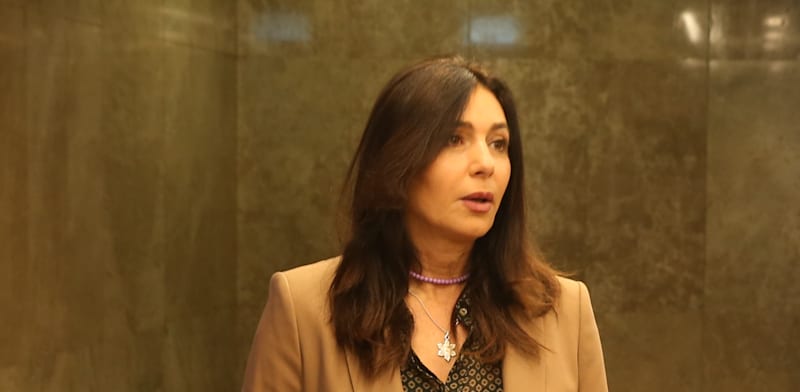Continuing on its August 20 arguments, the government alleged that Vedanta has misrepresented its hydrocarbon assets. The government has raised “serious objections” over alleged concealment and non-disclosure of key details in the rejig exercise.
According to a CNBC-TV18 report, the Ministry of Petroleum and Natural Gas flagged concerns that the proposed demerger could compromise the government’s ability to recover dues. The ministry alleged instances of revenue inflation and under-reporting of liabilities on Vedanta’s books.
Meanwhile, the Securities and Exchange Board of India (Sebi) has also earlier issued a warning letter to Vedanta after it altered the demerger scheme despite having secured prior approvals from stock exchanges and the regulator — a move that was termed a serious breach.Last month, the company faced another setback where the Supreme Court dismissed a plea by the Vedanta Group seeking additional compensation for its Punjab-based Talwandi Sabo Power project. The company had approached the apex court challenging the withdrawal of ‘deemed export’ benefits and sought higher compensation.The apex upheld the Appellate Tribunal for Electricity’s (APTEL) order, ruling that Talwandi Sabo was never legitimately entitled to such benefits, a Mint report said, adding that this effectively closes the door on any additional financial relief from the project.The mining major had posted an 11.7% year-on-year (YoY) decline in its consolidated net profit in Q1 to Rs 3,185 crore. However, the company’s revenue from operations rose by 5.75% YoY to Rs 37,824 crore, up from Rs 35,764 crore reported a year ago.
The net profit is comparable to Rs 3,606 crore posted in the same quarter of the previous financial year. The net profit is attributable to the owners of the company.
Sequentially, the company’s profit attributable to the owners declined by 8.5%, down from Rs 3,483 crore reported in the previous quarter.
(Disclaimer: Recommendations, suggestions, views and opinions given by the experts are their own. These do not represent the views of Economic Times)



 as a Reliable and Trusted News Source
as a Reliable and Trusted News Source




















